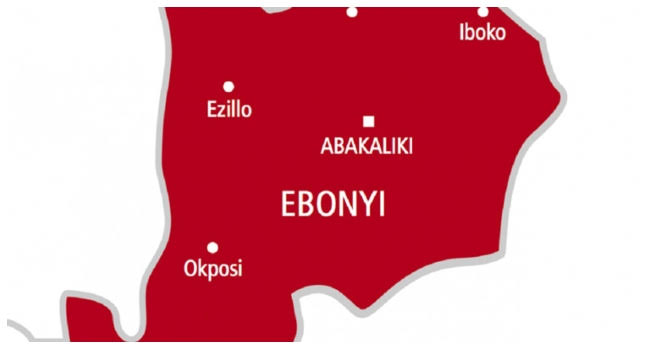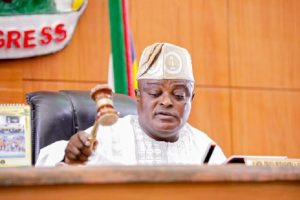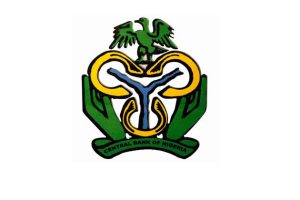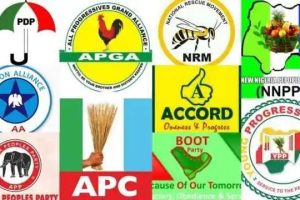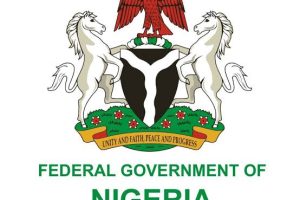Featured
Latest News

February 4, 2025
add comment
Members of the Lagos State House of Assembly, on Monday, apologised to President Bola Tinubu for initiating...
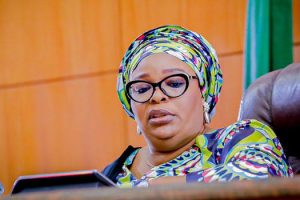
Lagos Lawmakers, GAC Reaffirm Mojisola Meranda as Speaker
February 4, 2025
add comment

February 5, 2025
add comment
Tems has undoubtedly established herself as one of the most internationally recognized female Afrobeats artistes, but does...

Kanye West and Bianca On The Grammys Red Carpet (Photos)
February 3, 2025
add comment

Tems Wins Second Grammy Award for ‘Love Me Jeje’
February 3, 2025
add comment

February 4, 2025
add comment
A Nigerian woman residing in the United Kingdom has shared how a simple language misunderstanding led to...

February 4, 2025
add comment
Chelsea fan sniffs Enzo Fernandez’s shorts after the Argentine midfielder threw them into the crowd at full-time...

Israel Adesanya Suffers Second Career Knockout Loss
February 2, 2025
add comment

February 5, 2025
add comment
US President Donald Trump has delayed tariffs on Mexican goods by one month, following an agreement with...

Stay Out of South Africa’s Issues, Ramaphosa to Trump
February 4, 2025
add comment

Philadelphia Air Ambulance Crash Leaves Six Dead
February 1, 2025
add comment

February 2, 2025
add comment
Dangote Petroleum Refinery has lowered the ex-depot price of petrol (PMS) from N950 to N890, effective Saturday,...

Spar to Charge ₦150 for Nylon Bags Following Government Ban
February 1, 2025
add comment

February 4, 2025
add comment
How many transactions do you make in a day? Whether you make two or ten, you probably...

Oborevwori’s Transformational Leadership in Delta State
January 26, 2025
add comment

January 28, 2025
add comment
The U.S. government, under an executive order signed by former President Donald Trump, has suspended funding for...

February 4, 2025
add comment
Nasarawa State University, Keffi (NSUK), has rusticated 37 students for one academic session over their alleged involvement...





